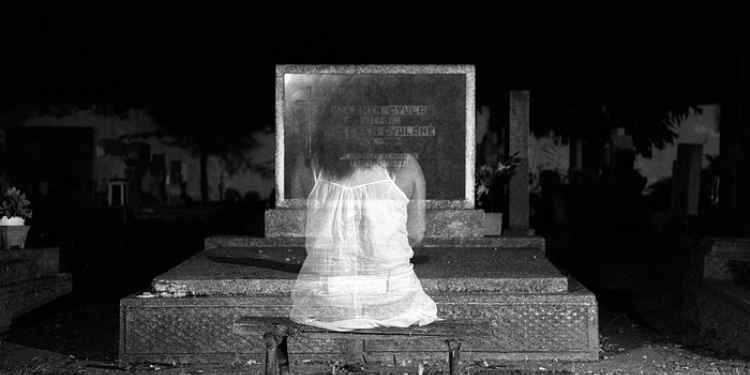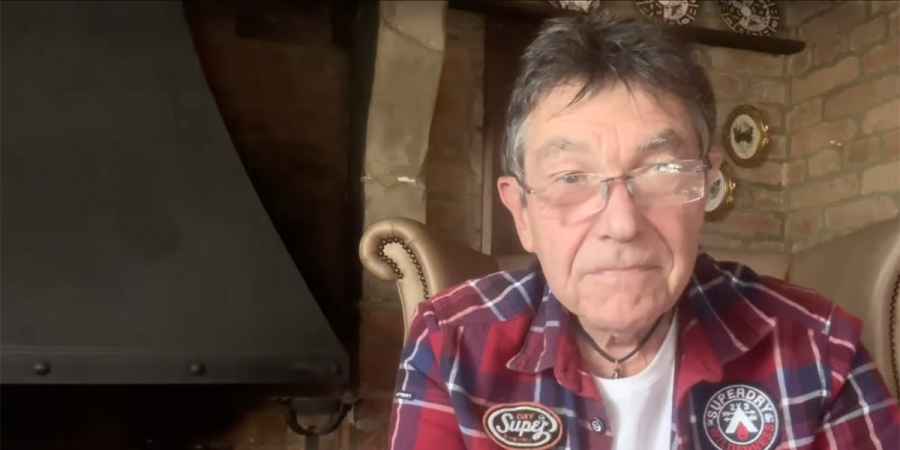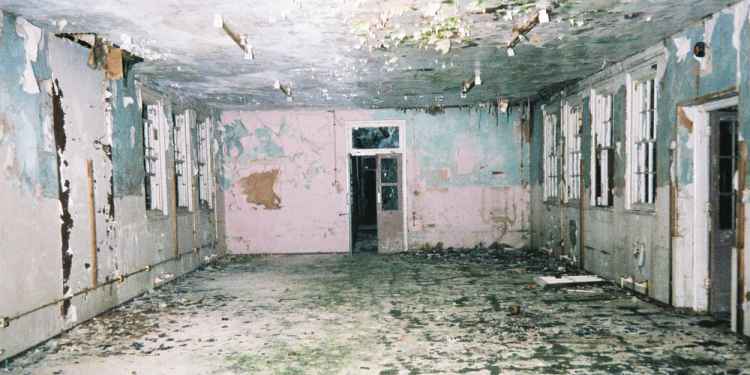
Photo: pixabay.com

Photo: pixabay.com
It's often comforting to believe that our loved ones remain with us after they pass away, but have you ever wondered what existence might be like for them as ghosts? The idea of being a ghost raises many questions about the nature of their existence and their perception of the world.
Imagine waking up one day and realising that you are no longer alive in the traditional sense. The world around you looks the same, but you feel different. Some believe that ghosts can see and hear everything in their surroundings but cannot interact with it in a physical manner.
As a ghost, it might feel like living in a perpetual 'Groundhog Day', with each day blurring into the next. Ghosts would have no purpose, no tasks or duties to perform, and no interactions to be enjoyed. Without a physical body, a ghost might be deprived of experiences, making it hard to distinguish one day from another.
However, the nature of a ghost's awareness of time is a topic of much debate. Some theories propose that ghosts might come in and out of awareness, experiencing moments sporadically rather than continuously. This intermittent awareness could explain why paranormal activity seems to fluctuate, with periods of intense occurrences followed by complete stillness.
Other theories suggest that ghosts could be stuck in a loop, replaying certain moments from their lives over and over. This phenomenon, often referred to as a residual haunting, implies that the ghost is not aware of the passage of time or even their own death. This repetitive existence could be a result of being tied to specific locations or moments that hold significant emotional weight.
As well as the struggles of dealing with these long, repetitive days, ghosts might also have to deal with the emotional turmoil of seeing their living family members go about their lives, yet they cannot see or hear you. This sense of invisibility could be frustrating and even heartbreaking. As a ghost, you would be a silent observer in the lives of those you love. Watching them go about their daily routines, experiencing joys and sorrows, yet unable to offer comfort or share in their happiness.
The pain of this separation could be immense. You might try to reach out and hug them, perhaps attempting to move objects or create sounds to get their attention. However, these efforts are often subtle and easily overlooked or dismissed as coincidences. The inability to bridge the gap between the living and the dead could lead to feelings of frustration and sadness, assuming ghosts can feel such things.
If ghosts do have this level of awareness, then imagine what it must be like for them to never be able to tap their foot to music, feel the sun on their faces, or enjoy the warmth of a comforting cup of tea. The absence of these small, everyday experiences could make the existence of a ghost seem bleak and incomplete.
Do ghosts even sleep? Without a physical body to tire or a need for rest, it is possible that ghosts do not sleep in the conventional sense. Ghosts might even miss the simple act of lying down, stretching, or even the comfort of a soft chair. The inability to find physical rest could contribute to a sense of perpetual unease.
Perhaps the most terrifying question of all is what would happen to ghosts in the event of a global extinction. If a catastrophe wiped out all living beings, would ghosts be trapped on a dead planet for eternity? The thought of such complete isolation is chilling. Without the living world to interact with or observe, a ghost's existence could become even more desolate and meaningless.
It might be possible for ghosts to avoid this state. Some believe that ghosts need the energy of the living around them to maintain their presence. Without the presence of life to provide this necessary power source, ghosts might fade away. On the other hand, a global extinction event might leave ghosts in an even more desolate state, devoid of the vibrant energy that once sustained them.
Another possibility is that, in the event of such a global catastrophe, ghosts might transition to a different state of existence. Some theories suggest that ghosts are entities that have not yet moved on to the afterlife due to unfinished business or strong attachments. If the living world were to end, it might compel these spirits to finally move on, finding peace in whatever comes next.
Finally, it's worth considering what the transition from life to ghosthood might feel like. Some believe that this transition is peaceful, like falling asleep and waking up in a new state of existence. Others describe it as confusing or disorienting, especially if the death was sudden or traumatic.
Over time, the ghost might come to terms with their new reality, finding a purpose or a way to exist within their ethereal state. They might feel a sense of purpose simply by being present and watching over their family, even if they cannot interact directly. Observing the lives of those they care about and seeing them happy and safe might provide a measure of emotional comfort.
Further Reading
Dive into the world of the paranormal and unexplained with books by Higgypop creator and writer Steve Higgins.

The Killamarsh Poltergeist
The story of a family in Killamarsh experiencing strange and unexplained events in their home.
Buy Now
Encounters
A historical overview of UFO sightings and encounters, from 1947 to modern government reports.
Buy NowMore Like This

Haunted BritainDecember 25, 2024
2024's Most Popular Paranormal Hotspots In The UK

GamesNovember 28, 2024
Can You Match These Famous Ghosts To Their Haunting Grounds?

HalloweenOctober 30, 2024
Richard Felix Shares A Collection Of Modern Ghost Stories For Halloween

ParanormalOctober 20, 2024
My First Ever Ghost Hunt: 20 Years Ago This Halloween Night
 See More on Audible
See More on Audible
Comments
Want To Join The Conversation?
Sign in or create an account to leave a comment.
Sign In
Create Account
Account Settings
Be the first to comment.